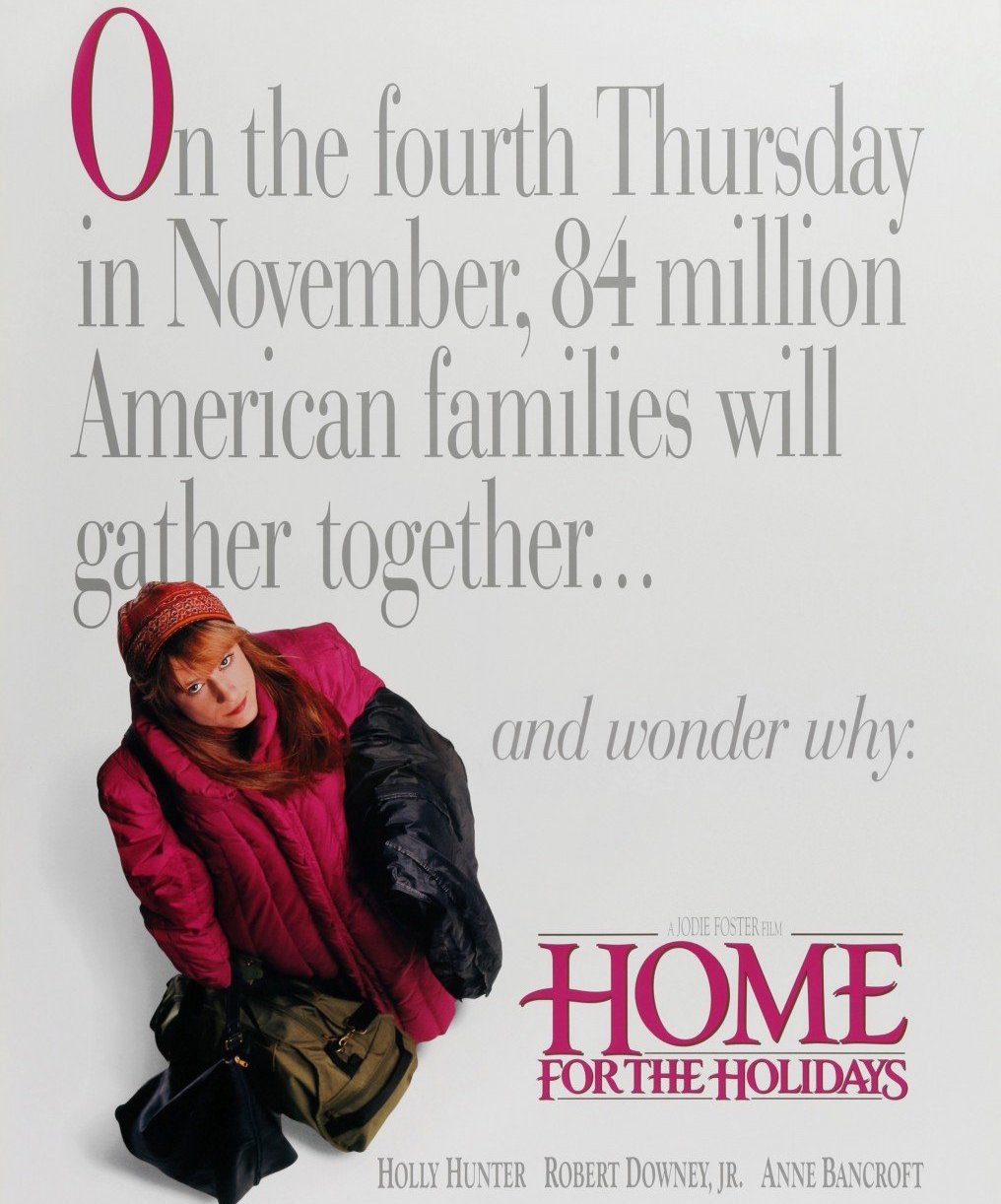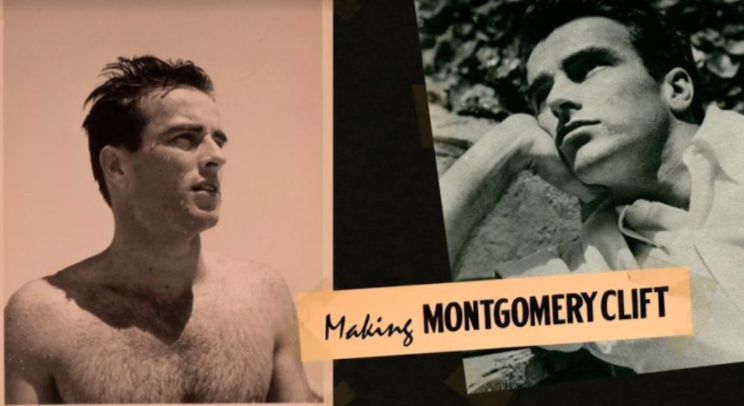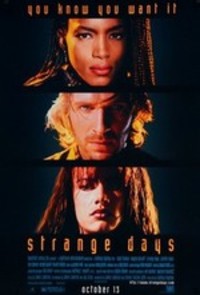25th Anniversary: "Home for the Holidays"
 Wednesday, November 4, 2020 at 8:30AM
Wednesday, November 4, 2020 at 8:30AM by Mark Brinkherhoff

In high school, I managed to hoodwink my journalism advisor into letting me review movies for our semi-regular school paper. In some cases, these were movies my parents certainly did not approve of (Se7en, Showgirls, etc.); in other cases, there were movies I would have seen anyway but was able to write off as a “class expense.” Home for the Holidays, Jodie Foster’s sophomore directorial effort, fell into the latter camp.
Arriving on a post-Oscar blitz of new films starring Holly Hunter (e.g. Copycat, Crash—no, not that one), Home for the Holidays got lost in the shuffle of both 1995’s crop of holiday fare and its stars own filmography...






